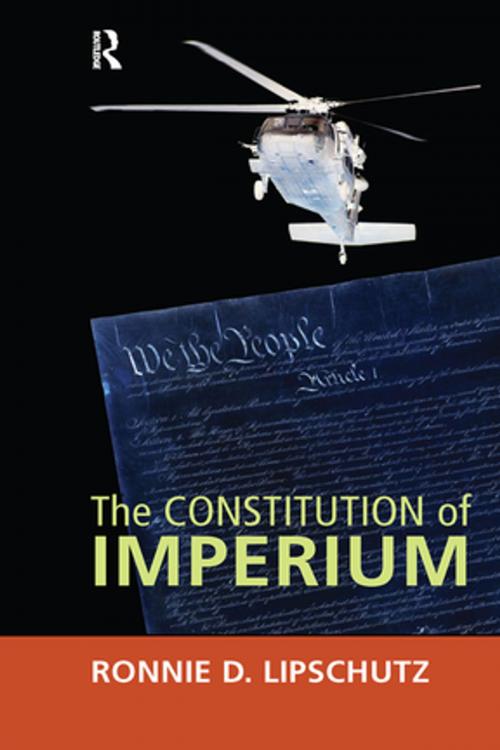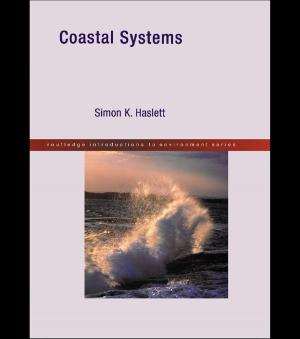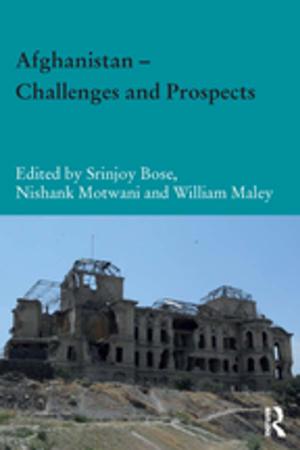| Author: | Ronnie D. Lipschutz | ISBN: | 9781317262107 |
| Publisher: | Taylor and Francis | Publication: | December 3, 2015 |
| Imprint: | Routledge | Language: | English |
| Author: | Ronnie D. Lipschutz |
| ISBN: | 9781317262107 |
| Publisher: | Taylor and Francis |
| Publication: | December 3, 2015 |
| Imprint: | Routledge |
| Language: | English |
The title of this book is a play upon several important concepts and forces in the ongoing debate about American empire. Since September 11, 2001, the Bush administration and its counsels in the U.S. Department of Justice have been both constituting an empire of American hegemony and, in so doing, violating the spirit and the law of the American Constitution at home and abroad. The U.S. Constitution has been doing work in the "nonsovereign" spaces of Guantanamo Bay, Cuba, Abu Ghraib, Baghdad, and CIA black detention sites around the world. The reach of this constitution is becoming visible in National Security Agency surveillance and data mining of electronic communications between the United States and the rest of the world and in a myriad of other regulatory and legal demands made by the United States both of its citizens and of those living in and traveling among other countries. And, in testing the limits of its wished-for powers, the Bush administration seeks to constitute an imperium that, by its own definition, would be nowhere subject to the long-assumed checks of either the U.S. Constitution, Congress, the courts, or international law, for it operates outside of the boundaries of American sovereignty in defiance of the international community and the United Nations, and in violation of the law of nations. This book is the latest and perhaps sharpest entry in the burgeoning literature of American empire since Hardt and Negri. Its focus on the legal and institutional aspects of empire sets it apart from the literature on this subject.
The title of this book is a play upon several important concepts and forces in the ongoing debate about American empire. Since September 11, 2001, the Bush administration and its counsels in the U.S. Department of Justice have been both constituting an empire of American hegemony and, in so doing, violating the spirit and the law of the American Constitution at home and abroad. The U.S. Constitution has been doing work in the "nonsovereign" spaces of Guantanamo Bay, Cuba, Abu Ghraib, Baghdad, and CIA black detention sites around the world. The reach of this constitution is becoming visible in National Security Agency surveillance and data mining of electronic communications between the United States and the rest of the world and in a myriad of other regulatory and legal demands made by the United States both of its citizens and of those living in and traveling among other countries. And, in testing the limits of its wished-for powers, the Bush administration seeks to constitute an imperium that, by its own definition, would be nowhere subject to the long-assumed checks of either the U.S. Constitution, Congress, the courts, or international law, for it operates outside of the boundaries of American sovereignty in defiance of the international community and the United Nations, and in violation of the law of nations. This book is the latest and perhaps sharpest entry in the burgeoning literature of American empire since Hardt and Negri. Its focus on the legal and institutional aspects of empire sets it apart from the literature on this subject.















